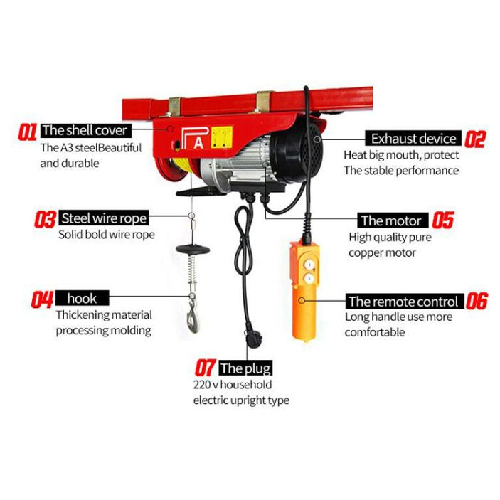


Understanding the 3 Ton Scale Applications and Importance in Various Industries
In many industries, precise weight measurements are crucial for operational efficiency, safety, and regulatory compliance. One of the essential tools for achieving such accuracy is the 3 ton scale, a weighing apparatus that can accurately measure loads up to 3 tons or approximately 6,000 pounds. This scale finds its relevance in diverse fields, including construction, logistics, agriculture, and manufacturing. Understanding its applications and importance can offer valuable insights into its role in modern industry.
The Structure of a 3 Ton Scale
A 3 ton scale typically combines mechanical and electronic components to facilitate accurate weight measurement. These scales can take various forms, including floor scales, crane scales, and platform scales. Advanced models often come equipped with digital displays, allowing for easy reading of measurements. The robustness of the scale ensures that it can handle substantial weight loads, making it suitable for heavy-duty applications.
Applications in Various Industries
1. Construction In the construction industry, the 3 ton scale plays an instrumental role. Construction materials, such as steel beams, concrete blocks, and aggregates, can be exceedingly heavy. Accurately knowing their weight ensures proper handling and helps in logistical planning—for instance, forklifts or cranes used to lift these materials require precise weight measurements to operate safely within their limits.
2. Logistics and Warehousing Weight is a critical factor in logistics and warehousing. Shipping companies utilize 3 ton scales to ensure that packages conform to weight limits imposed by transportation regulations. Overloading can lead to accidents or costly fines, so accurate measurements guarantee that packages are within the allowable weight range, thus promoting safety during transport.

3. Agriculture Farmers and agricultural operations can benefit significantly from a 3 ton scale. This scale helps measure the weight of harvested produce, ensuring accurate sales and tracking agricultural yield. Additionally, knowing the weight of feed or fertilizers is essential for farms to maintain proper inventory levels, thus optimizing resources and minimizing waste.
4. Manufacturing In the manufacturing sector, maintaining quality control is vital. A 3 ton scale can be used to weigh raw materials before production or finished products before distribution. This accuracy not only aids in quality assurance but also helps in maintaining consistent product specifications that meet regulatory standards.
The Importance of Precision
The significance of using a 3 ton scale extends beyond just weight measurement; it contributes to safety, efficiency, and cost-effectiveness. Overloading equipment can lead to mechanical failures or accidents, causing injury and financial loss. Conversely, underloading can lead to inefficiencies in transport and production processes. Therefore, the precision offered by the 3 ton scale is essential in mitigating these risks.
Conclusion
In summary, the 3 ton scale is a vital instrument across various industries, facilitating accurate weight measurements that have significant implications for safety, efficiency, and compliance. As industries continue to evolve and demand greater accuracy in all aspects of their operations, reliable weighing solutions like the 3 ton scale will remain integral to achieving these goals. Understanding its applications and importance is key for professionals across sectors, ensuring that operations run smoothly and safely in today’s competitive marketplace.



